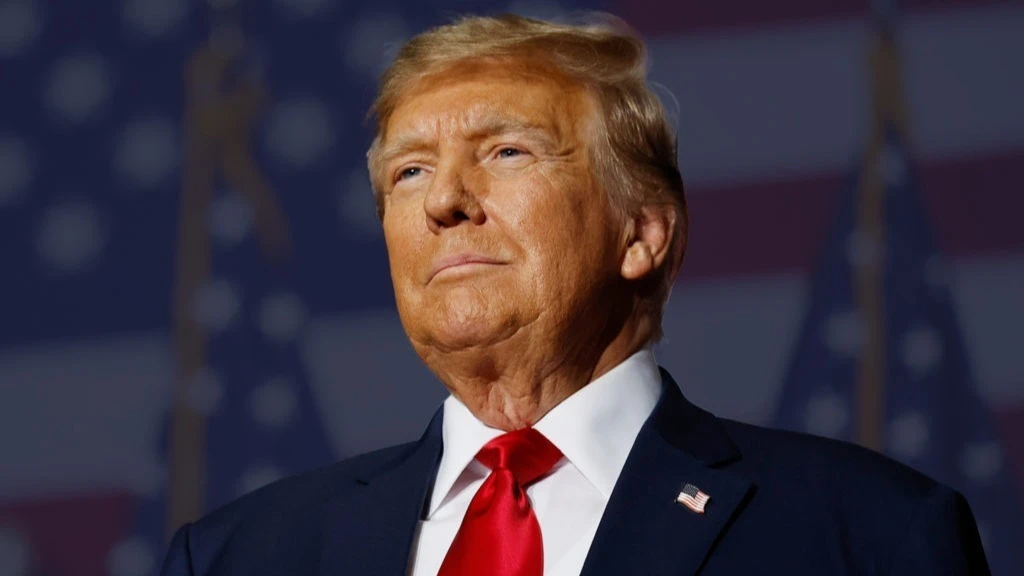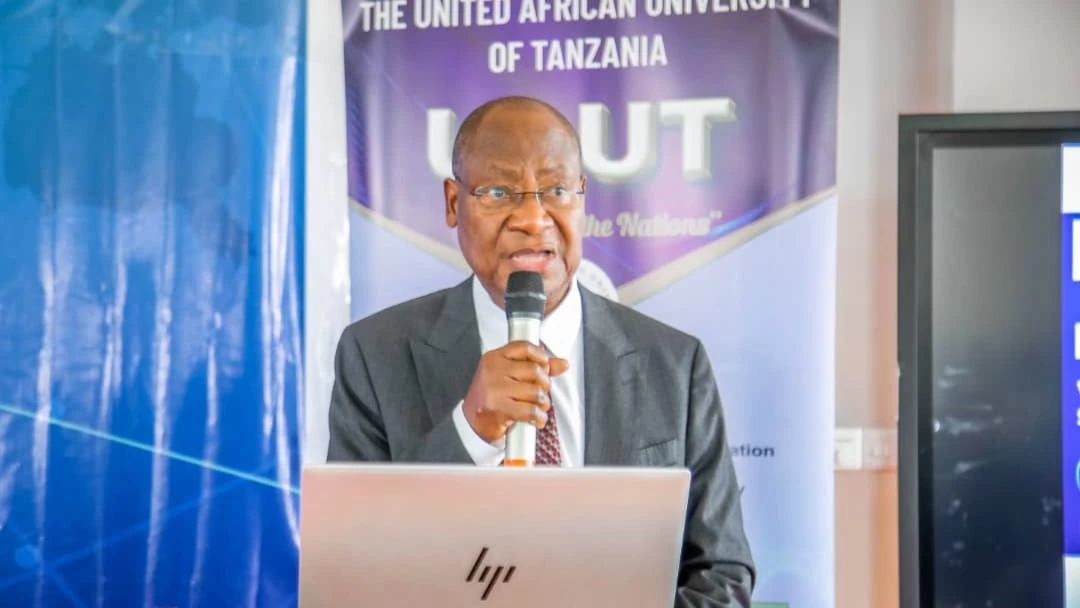‘Tanzania needs to harness crypto-currency openings’

TANZANIA possesses a significant opportunity to harness the benefits of cryptocurrency, provided it swiftly replaces its current outdated ban with clear, modern regulations, a leading economist has declared.
Dr Bravious Kahyoza, a lecturer at the Dar es Salaam campus of Kampala International University (KIU), said in an exclusive interview that despite a ban on crypto trading since 2019, Tanzania already ranks among at least 20 African countries significantly involved in crypto currency trading.
An online source said that Tanzania is not among the top 20 countries globally for cryptocurrency trading despite having seen some crypto activity. It is not a major hub for trading compared to countries like India, the United States or those with more established crypto-friendly regulations, the entry indicated.
Other reports suggest that a considerable number of Tanzanians participate in crypto-currency trading and ownership, with a report by Triple A estimating that around 2.3m Tanzanians have crypto-currency deposits
The Bank of Tanzania is reported to be researching the potential introduction of a central bank digital currency which some analysts discount as the central bank isn’t an independent actor where depositors can mine crypto units with confidence.
Monetary sector officials say there's a need for a clear regulatory framework for Cryptocurrencies to address issues like fraud, tax evasion and potential disruption to the formal financial system.
Legal cases involving cryptocurrency transactions have emerged, prompting courts to consider the enforceability of contracts related to virtual currencies in the absence of specific regulations, an online note affirmed.
The KIU expert stated that crypto-trading is happening with or without regulation, in which case it is time to act. “Tanzania should not ban crypto—it should regulate it,” he emphasized.
Cryptocurrencies need to be seen as assets as different from legal tender, as the distinction would permit regulated trading while simultaneously safeguarding the sovereignty and stability of the local currency, he stated.
As a concrete measure to generate public revenue from this burgeoning sector, he recommended a 3.0 percent withholding tax on crypto transactions. “If we create a smart regulatory framework, we can unlock major economic opportunities,” he explained, pointing to regional examples that Tanzania could emulate.
He cited Kenya’s regulatory sandbox approach for fintech innovations and South Africa’s phased licensing system for crypto asset service providers as viable models.
Key to initiating these reforms would be amending Section 15 of the National Payments System Act, restricting the licensing of digital platforms, “a barrier that needs to be removed for effective regulation of crypto exchanges.”
Updating these laws is crucial for domestic oversight and aligning the country with global anti-money laundering (AML) standards set by the Financial Action Task Force (FATF), an agency under the G-7 secretariat, he said.
Adherence to these standards is essential for preventing illicit financial flows and maintaining international financial integrity, he admitted, voicing strong support for the potential launch of a Central Bank Digital Currency (CBDC).
“This digital version of the local currency, backed directly by the government, could offer a secure and efficient alternative for digital transactions,” he said, citing Nigeria’s eNaira as a successful precedent.
Its reported contribution to a 20 percent boost in digital transactions and attracting nearly $1bn in annual investment is a case in point, he stated.
“Such a move could significantly enhance financial inclusion and modernize the national payment system,” he maintained, all the same issuing a stark warning regarding the growing risks associated with an unregulated crypto environment. Crypto scams cost Africa an alarming $3.7bn in 2022, a figure that underscores the severe exposure of Tanzanians in the current absence of robust oversight, he stated.
“We need KYC (Know Your Customer) and AML (Anti-Money Laundering) rules, licensing exchanges and launching public awareness campaigns to educate users,” he explained.
The multi-pronged approach required to protect consumers and the financial system, he suggested, affirming that if properly managed and integrated, cryptocurrency could also significantly enhance foreign capital inflows into Tanzania.
Dr Kahyoza pointed to Kenya’s experience, which recorded an impressive $1.5bn in peer-to-peer crypto trades in 2021. “With the right regulatory strategy and public awareness, Tanzania has the potential to match—or even exceed—this figure without jeopardizing its substantial $5.6bn in foreign reserves,” he specified.
He stated that as effective regulation cannot occur in isolation, Tanzania must work with its neighbours under the East African Community’s 2024 digital finance plan, and align with the 134 countries already following IMF and Financial Action Task Force (FATF) crypto frameworks.
This emphasis on regional and international collaboration highlights the interconnected nature of modern financial systems and the need for a harmonized approach to cryptocurrency governance, he said.
There is a need for a clear roadmap for Tanzania to embrace the digital currency future responsibly, turning a current regulatory vacuum into a strategic economic advantage, he added.
Top Headlines
© 2025 IPPMEDIA.COM. ALL RIGHTS RESERVED






















